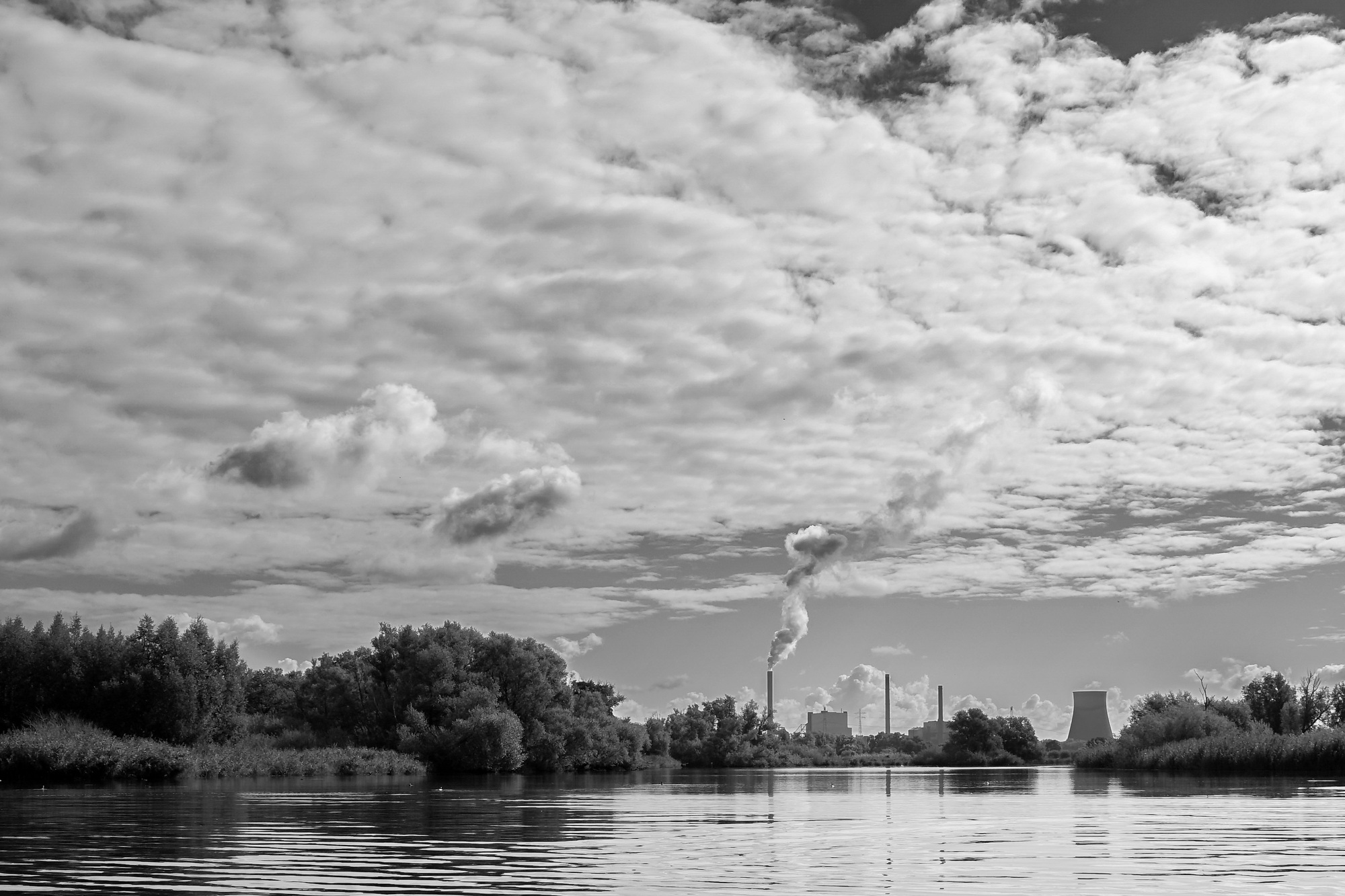In recent years, artificial intelligence has catapulted into the spotlight, marking what many call its “Oppenheimer moment.” Just as nuclear fission reshaped the global landscape decades ago, AI now stands at the crossroads of transformative potential and significant risk. In this post, we explore the current AI revolution, the visionaries shaping its path, and the emerging concept of a technological republic—where innovation meets democratic oversight.

From Nuclear Breakthroughs to Digital Revolutions
The phrase “Oppenheimer moment” recalls the legacy of J. Robert Oppenheimer, whose work on nuclear fission forever altered global dynamics. Today, AI is following a similar trajectory. On one hand, its advancements in machine learning, natural language processing, and computer vision promise solutions to complex challenges. On the other, they raise pressing questions about accountability, bias, and security in a rapidly changing world.
Leading Voices: Innovators and Ethicists at the Helm
Two influential figures have emerged as key voices in the debate:
- Karp, a forward-thinking technologist and entrepreneur, champions the immense creative potential of AI while cautioning against the pitfalls of unbridled automation.
- Zapiska stands as a moral compass in the field, advocating for transparency, ethical guidelines, and public accountability in every step of AI’s development.
Their combined vision calls for a balanced approach where cutting-edge innovation is tempered with a strong commitment to societal values and ethical standards.
The Rise of AI: Progress, Peril, and Possibility
Recent AI breakthroughs have accelerated its integration across diverse sectors—from healthcare and finance to transportation and the arts. However, with great power comes great responsibility:
- Autonomy and Accountability: As AI systems gain independence, assigning responsibility for errors or unintended consequences becomes more challenging.
- Bias and Fairness: Without careful design, AI can unintentionally amplify societal biases, affecting decision-making processes.
- Security Concerns: Much like the risks associated with nuclear technology, AI brings new cybersecurity challenges and potential misuse in areas like automated warfare or disinformation.
Understanding these risks is crucial, not only for technological innovation but also for ensuring that the benefits of AI are shared equitably.
Imagining a Technological Republic
A technological republic envisions a future where decisions about AI are made democratically and transparently. This model promotes:
- Inclusive Governance: Power is shared among public assemblies, expert panels, and international organizations rather than being centralized.
- Ethical Innovation: Embedding ethical considerations from the outset ensures that technological progress aligns with human values.
- Transparency: Open data practices and digital platforms can keep the development and deployment of AI in the public eye, allowing for collective scrutiny and feedback.
Such a framework not only mitigates risks but also ensures that AI’s growth is a shared, societal endeavor.
Broad Impacts: Economic, Social, and Global Considerations
AI is poised to reshape not just industries but also the fabric of society:
- Labor and Employment: While automation boosts productivity, it also challenges traditional job structures, urging a rethinking of education and workforce policies.
- Social Interaction: AI’s role in personalizing media and commerce might deepen social divides if not carefully managed.
- Global Dynamics: The race for AI supremacy has international implications, requiring unprecedented cooperation to avoid a new era of technological arms races.
Recognizing these impacts is the first step toward crafting policies that balance innovation with the well-being of communities worldwide.

FAQs
Q1: What is the “Oppenheimer moment” in the context of AI?
A1: The “Oppenheimer moment” refers to a turning point where the power and risks of AI become undeniable—paralleling the pivotal role of nuclear fission in reshaping global dynamics. It signals a time when society must confront both the promise and the perils of rapid technological change.
Q2: What does a technological republic mean?
A2: A technological republic is a model of governance that democratizes decision-making about technology. It involves inclusive public participation, transparent processes, and adaptive regulations to ensure that AI development benefits society as a whole while minimizing potential harms.
Q3: How can society best prepare for AI’s rapid advancements?
A3: Preparing for AI’s future requires interdisciplinary collaboration, proactive ethical frameworks, and robust public engagement. By fostering dialogue among technologists, ethicists, policymakers, and citizens, we can create adaptable regulations that promote innovation while safeguarding societal values.
As we stand at the threshold of a new era in AI, it’s crucial to harness its vast potential responsibly. By embracing the vision of a technological republic, we can ensure that the evolution of AI not only drives innovation but also reinforces the democratic ideals that bind our communities together.
Sources The Guardian


